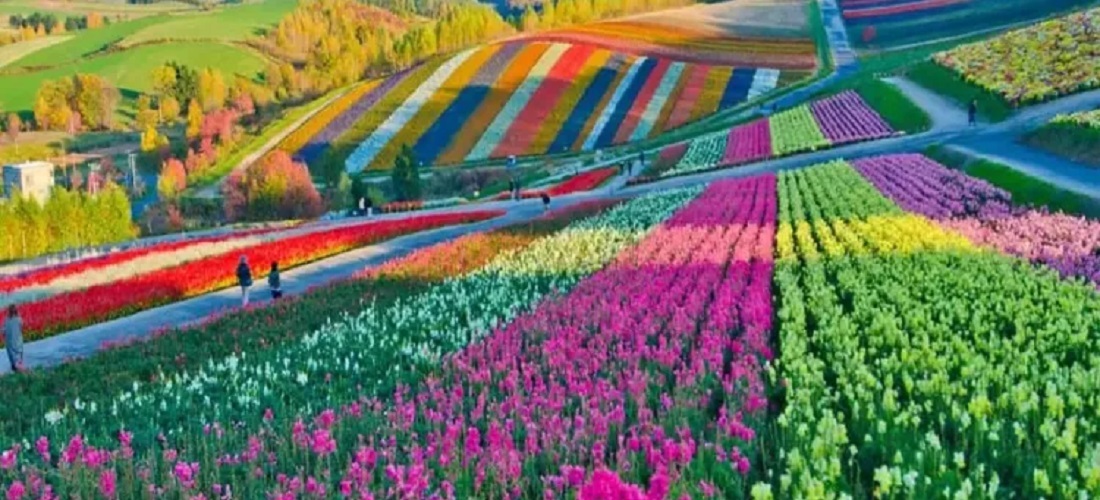
Flower exports face logistics challenge
Nov, 04, 2024 Posted by Sylvia SchandertWeek 202441
The opening of the Saudi Arabian market to Brazilian flowers creates an opportunity for the sector, but logistical barriers hinder the exploration of this potential. According to Renato Opitz, director of the Brazilian Institute of Floriculture (Ibraflor), the opening of the Saudi market, announced in October by Brazil’s Ministry of Agriculture and Livestock, is positive but comes with challenges ahead.
“The domestic market is very strong and has grown significantly in recent years. What makes exports more difficult is the fact that the main importing countries are in the Northern Hemisphere, which presents several problems, most of all a lack of flights, logistical issues, and high freight costs. Since we’re talking perishable products, it complicates matters considerably and restricts international trade,” says Opitz.
The director of Ibraflor explains that to be exported, flowers must initially be pre-cooled. From there, speed is imperative to ensure they reach the final consumer quickly. They must be exported by air, as they cannot withstand long journeys by sea, and they need to be kept at low temperatures throughout their entire journey, including inside the cargo terminals of airports. According to Opitz, this challenge, along with a strong domestic market, results in Brazil exporting only 2% of its production.
Genetic material of flowers
According to data from Brazil’s Ministry of Development, Industry, Trade, and Services, Brazil exported USD 14.4 million worth of flowers in 2023, an increase of 10.8% compared to 2022. Imports grossed USD $44.3 million, growing by 11% compared to the previous year. The top ten destinations for Brazilian flowers were the Netherlands, the United States, Uruguay, Italy, Belgium, France, China, Japan, Canada, and Angola.
Arab countries purchased USD 46,000 worth of flower products in 2023. Among them, the top customer was Egypt, which imported USD 36,000. The United Arab Emirates bought USD 9,800 in vine seedlings in 2023. In 2022, Arab countries did not import flowers or derivatives from Brazil. However, this year Saudi Arabia purchased USD 238,600 worth of flower products in September. This acquisition, however, was not of flowers but grafts.
“What Brazil exports in the ornamental sector and could be a possibility is bulbs and seedlings, as these can be transported by sea since they aren’t as perishable. This genetic material will be used for production in these countries, such as Saudi Arabia, for example. That could be one of the possibilities or markets,” Opitz assesses, while also noting the climate in Arab countries can pose a challenge for the growth of the seedlings.
Source: ANBA
-
Economy
Oct, 01, 2024
0
Climate events to slash over 12% of Latin America’s GDP by 2050
-
Other Cargo
Jul, 01, 2024
0
Brazil Surpasses USA in 2023/2024 Cotton Exports, Future Rank Unclear
-
Ports and Terminals
Jan, 15, 2024
0
Pecém Port Smashes Previous Container Throughput Record with 16% Annual Increase
-
Grains
Apr, 27, 2022
0
Rice exports exceed 450,000 t in Q1, says Abiarroz

